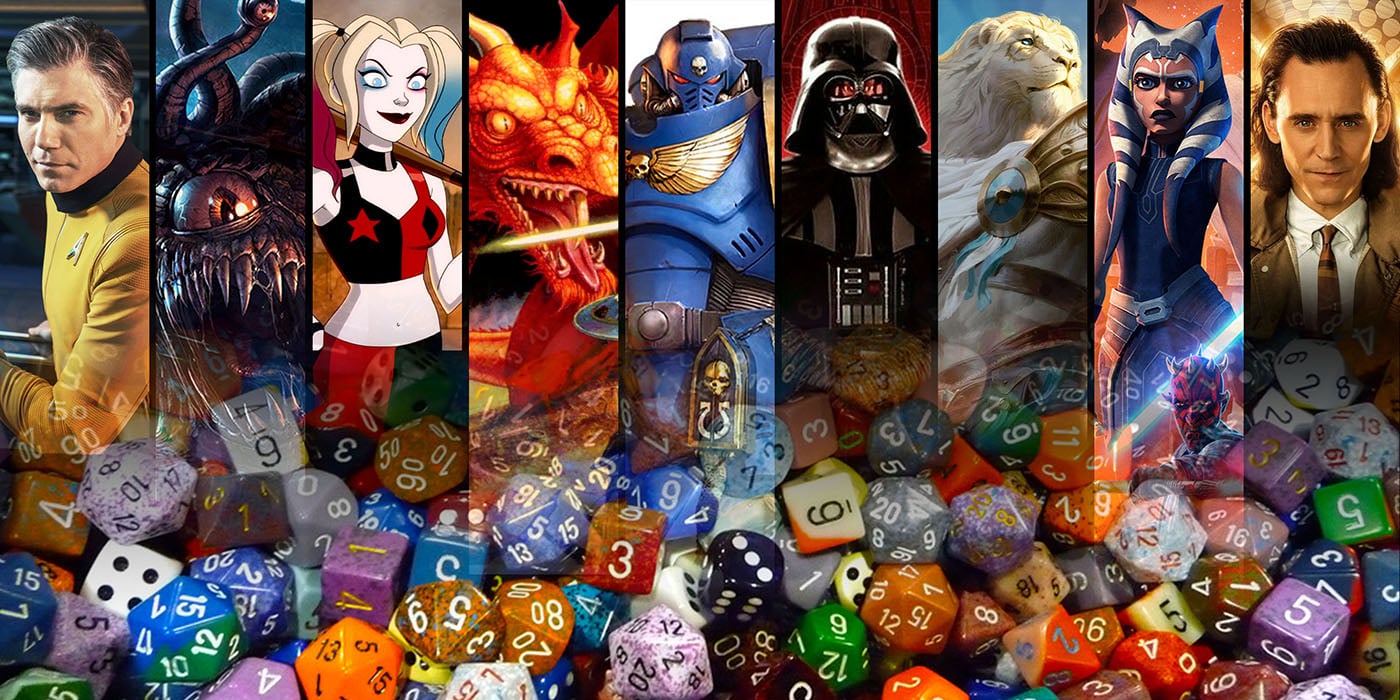Academic Study of Tabletop Wargamers: The Results are in! Part I: the Survey

Back in November, BOLS graciously publicized a link to an online survey for American tabletop wargame players. The results are now in! Part I of this multi-part series of articles will focus on the survey design and initial results. Subsequent installments will look at more of the findings of the study.
My name is Ian Cross and I just graduated from a Master’s program at the College of William & Mary. I have been a 40k player since 3rd edition and have painted and played in a variety of game systems (most recently Dystopian Wars). I put together this study of American tabletop wargamers primarily because I could find no academic research on this specific group. We are often confronted with various stereotypes of wargamers, some of which seem obvious while others feel bogus. Without statistical research to investigate such claims, we have only anecdotal experience to rely on when considering such stereotypes. So I set out to investigate these stereotypes in this study. A list of stereotypes to test for in particular was developed through case study interviews with several wargamers, as well as some internet blog and forum research.
American tabletop wargamers are…
… male
… white
… upper middle-class
… politically conservative
… politically disinterested / apolitical
… “geeky” or “nerdy”
… unshowered, smelly, or exhibiting poor personal hygiene
… etc.
These stereotypes listed above were some of the most commonly referenced ones in the case study interviews, but there were many more that could be listed – and many more that can be tested on the collected data. Some of the stereotypes were more readily testable than others; I will discuss this as it comes up later (e.g., how do you test personal hygiene on an online survey?).
The Survey
Within this seven weeks, the survey collected an impressive 2,724 responses! Of these, 2,321 were usable surveys: the several hundred unusable responses were those who did not accept the confidentiality agreement, were not at least 18 years old, or were not citizens of the United States. After taking out the unusable responses, the completion rate on the survey was very high (greater than 90%).
Before we continue, a quick word about some limitations of the survey. As I discuss the results of the survey below, my most important assumption is of a random sample. If we assume the survey was a random sample of the population (American tabletop wargamers), because of the high number of responses (greater than 1000) we can reasonably infer the data are representative of the population as a whole. The biggest flaw of this assumption in my mind is that the survey was only online, and although it was posted on many blogs, forums and websites – some aimed at fantastical wargaming and some oriented towards historical wargaming – it may not have reached a significant portion of the tabletop wargamer population if any significant portion does not visit those sites (or for a variety of reasons chose not to take the survey). Similarly, the survey was entirely in English, and thus might not have reached any American wargamers who were not comfortable taking the survey in English. We should keep these limitations in mind, but while they serve as a grain of salt, I think the results are still reasonably accurate to the population. As always, more studies in the future will help reinforce, explore or correct these findings.
Of Race, Gender, and Wealth
Next time we’ll look more at the demographic information collected by the survey as well as more on the stereotypes! In particular we will look at some surprising results from the survey concerning demographics like religious affiliation and educational attainment.
If you would like to contact me, please feel free to send me a message in the BOLS Lounge; my username is MajorMcNicol.
Part 2 coming soon. Have at it.
A quick but important note of thanks – the successes of this project relied heavily on many other people, including: my faculty advisor, my family and friends, and the several wargamers who helped out in different ways to make the survey better. The failures, by comparison, can only be attributed to myself. Also, it is important to acknowledge everyone who took the online survey, providing me with enough data to reasonably investigate! And thanks must go to BOLS for publicizing the survey and posting these results, as well. Thank you to everyone who participated in the survey, and many thanks to those who supported and assisted me in its design and implementation.


